Some youths and women in Buea, the Southwest regional capital of Cameroon, have been trained on how to produce…
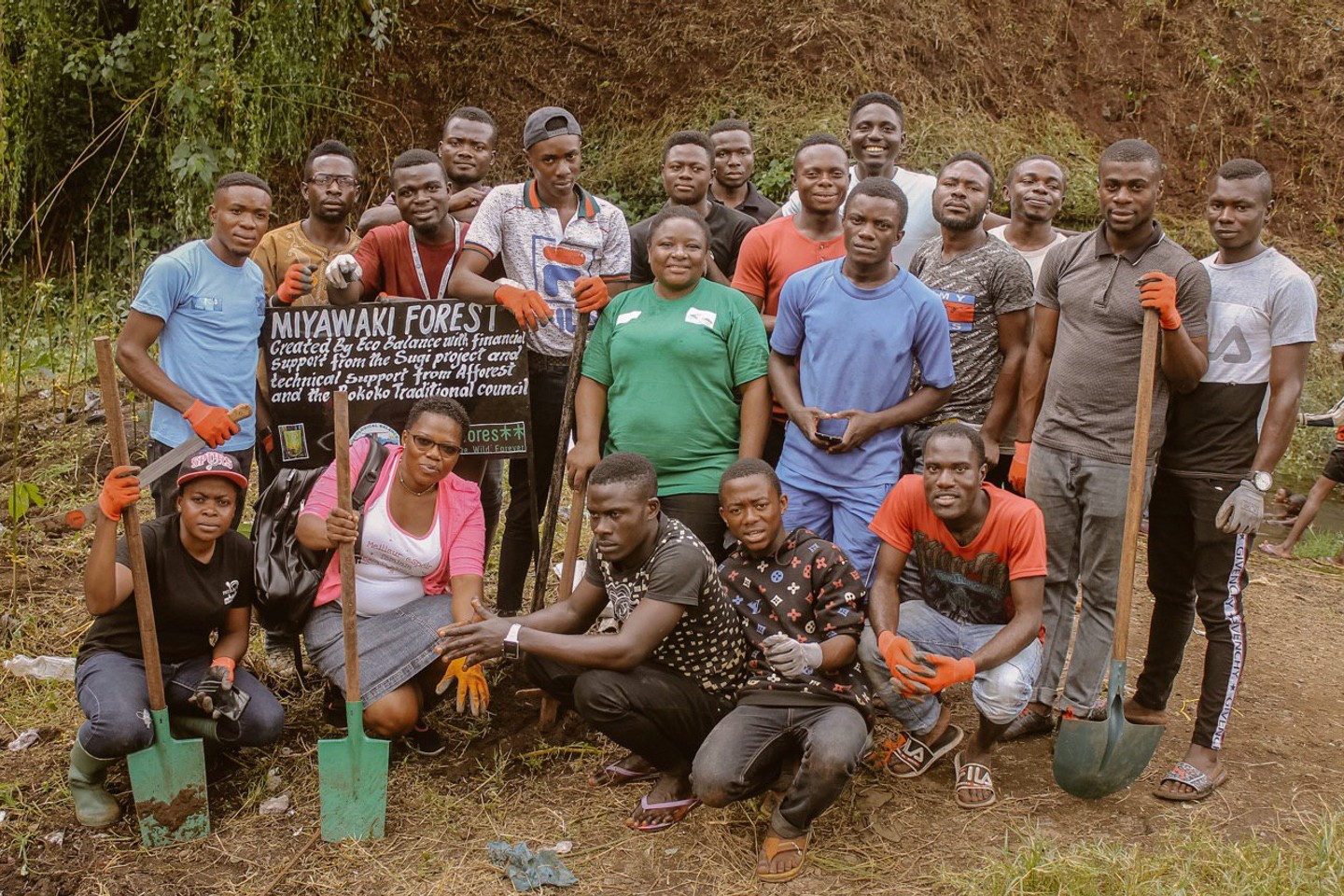
About Us
Ecological Balance is an apolitical, non-religious and non-profit making organization that uses the environment as a tool for social change. It seeks to reconcile conservation to local livelihoods. Eco balance is registered in Cameroon with registration No. 660/G.37/D14/VOL III/SAAJP. We recognize the critical importance of a thriving natural world. That's why we're proud to contribute to Sustainable Development Goal (SDG) Target 15: Life on Land. This global initiative aims to "protect, restore and promote sustainable use of terrestrial ecosystems, sustainably manage forests, combat desertification, and halt and reverse land degradation and halt biodiversity loss.
Our Strategy
Our work stands on four pillars:
- Education
Our education pillar focuses on mindset changes on the way nature is seen/perceived by local people. This is achieved through sensitization, awareness creation via the media and also hands-on trainings. We sensitize local people on the ‘true value’ of natural ecosystems and also train naturpreneurs (forestpreneurs) and help them develop nature dependent businesses. In all, through our education pillar, we help local people see nature as a resource for livelihood improvement that can help them build their economies. The objective here is to empower local communities to be able to speak up against development that undermines/destroys nature.
Our sensitization programme has reached 30,000 people; we have trained 500+ naturpreneurs and supported 7 trainee businesses.
- Keeping nature natural
One of our pillars strives to keep natural ecosystems as natural as possible. In this regard, we work with, Cameroon’s Ministry of Environment, Nature Protection & Sustainable Development (MINEPDED), the Ministry of Forestry & Wildlife (MINFOF), Ministry of Water Resources (MINEE) and Ministry of Territorial Administration in conservation and reforestation efforts. By leveraging government partnership and buy-in, we have planted 8 mini (miyawaki )forests containing over 30,000 trees on over 15,000m2 surface area in order to recharge ground water, improve water tables and revamp water supply; restock forest products; provide habitat and mitigate climate change. Still in partnership with the government agencies we have commenced a landscape level land restoration project aimed at revamping and repairing 10,000 hectares of degraded land in NW Cameroon. The first phase of the project began in September 2023 and will involve planting of over over 1,000,000 trees on 36 hectares https://www.sugiproject.com/forests/nkambe-river-revival-forest of degraded wetlands of the Nkambe plateau mainly to improve water supply.
- Regenerative agriculture through indigenous forest gardening
Satellite data reveals that between 2000 and 2014, the Congo Basin lost forests more extensive than the size of Bangladesh (around 165,000 square kilometers) to slash and burn agriculture alone. Our regenerative agriculture pillar seeks to mitigate this by partnering with the Ministry of Agriculture and Rural Development to train farmers on more sustainable farming methods and setting up demonstration forest gardens across the 5 agroecological zones of Cameroon. Already, we have trained over 1000 local farmers, established forest gardens in 3 agroecological zones ( monomodal humid forest, Western highland plateau and bimodal humid forest) of Cameroon.
- Sustainable leadership
The biggest and most pressing problem of Africa is the lack of sustainable leaders. These are leaders that are qualified/competent, have the welfare of the people at heart and visionary. To this effect, we are committed to raising >50 young leaders that would be and make the change they want every year. We have trained over 100 already.
What we Do?
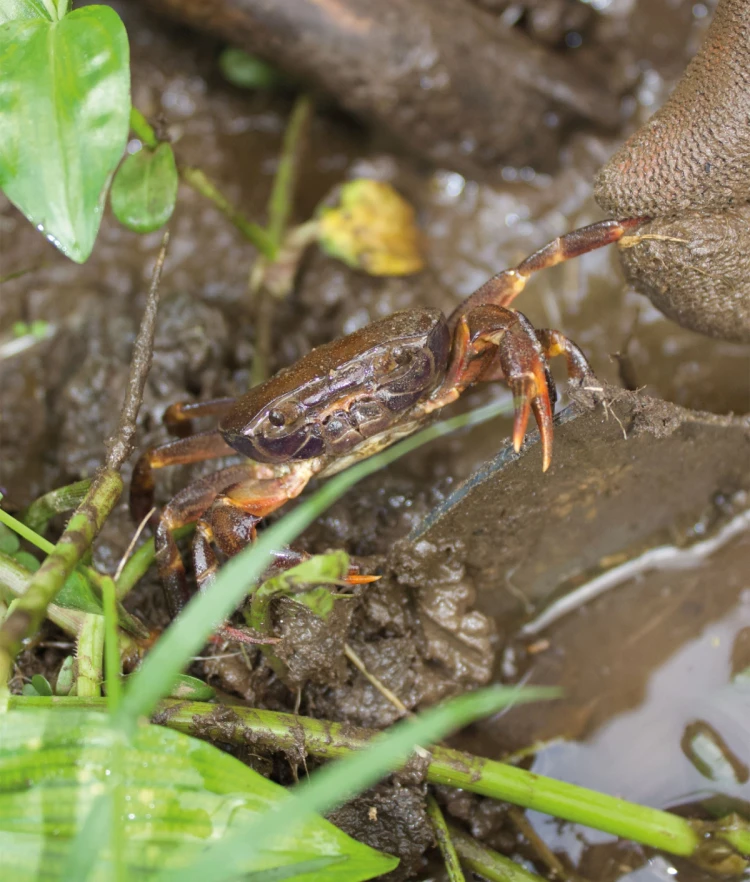
Biodiversity Preservation and Restoration
Through our landscape restoration projects/ tree planting initiatives which focuses on repairing damaged ecosystems we create healthy habitats for wildlife.
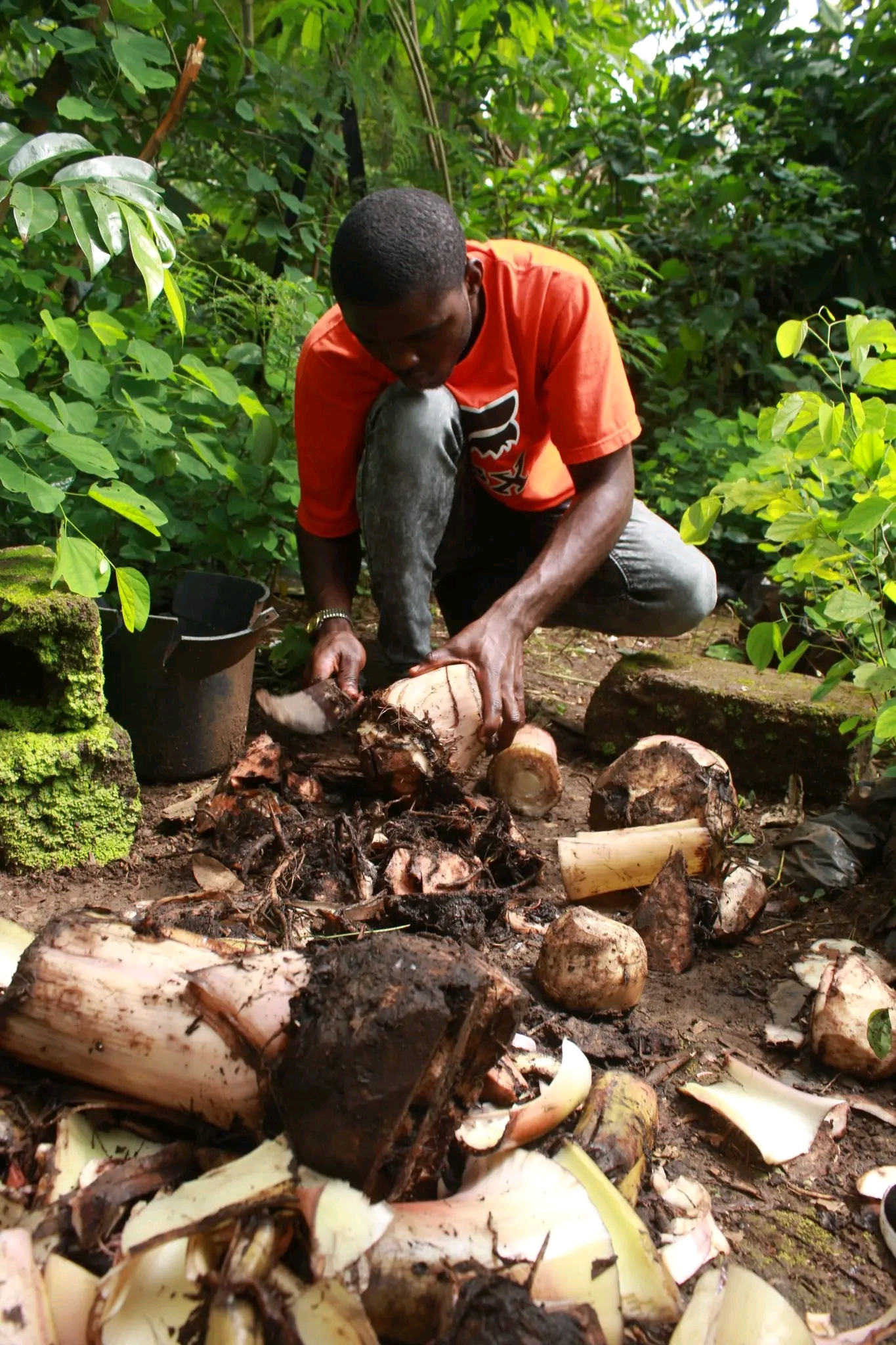
Sustainable Agriculture and Livelihoods Improvement
We work with farmers to develop practices that are good for the environment, good for their families, and good for you.
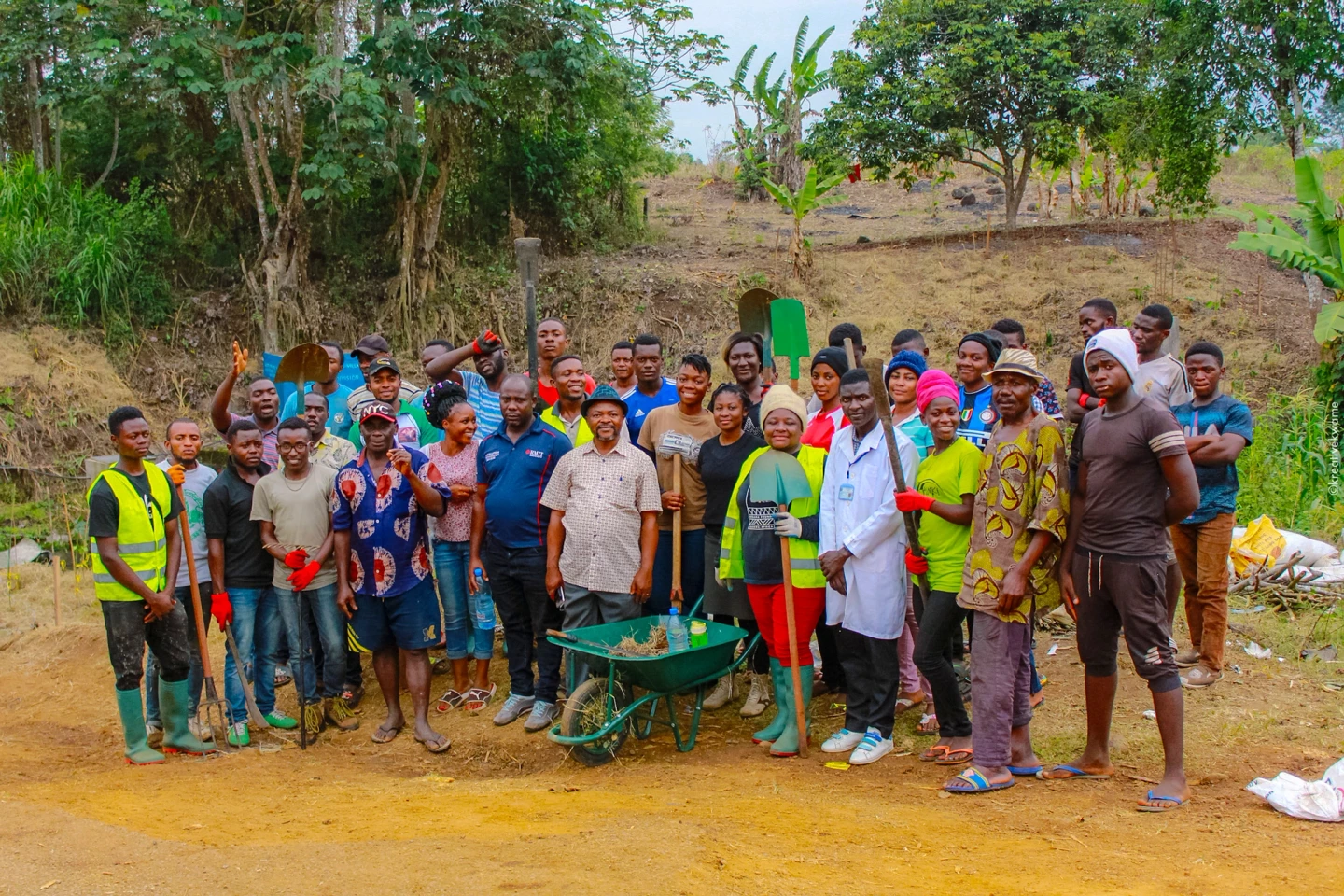
Community Engagement
We work hand-in-hand with local residents and government representatives to ensure our efforts reflect the needs and aspirations of the people we serve.
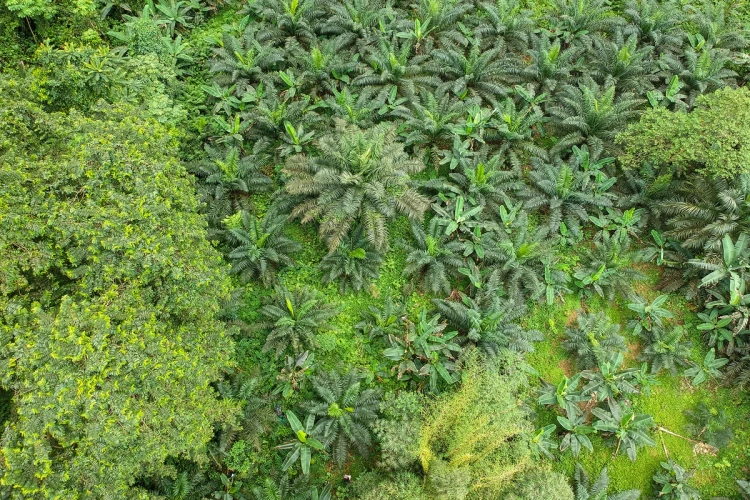
Sustainable Forest Management
Forests are the lungs of our planet, filtering air, regulating climate, and providing habitat for countless species.
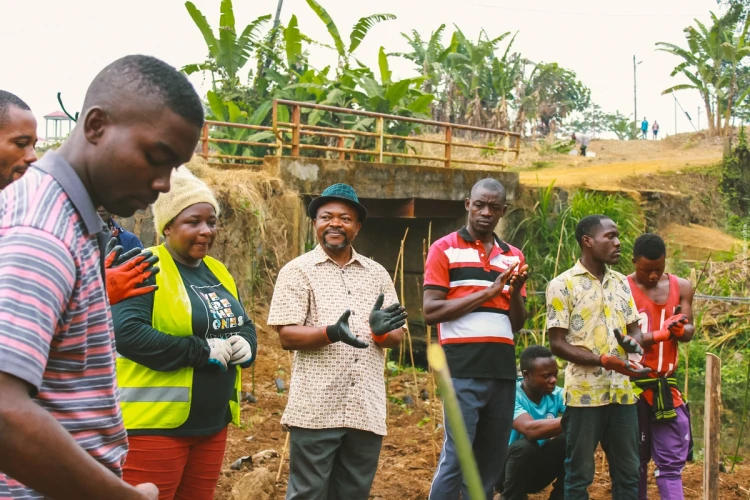
Community Climate Education
Fostering a space where everyone can learn about climate change, its impacts, and most importantly, what we can do about it.
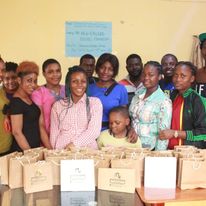
Youth Empowerment and Mentorship
We offer a unique program that combines mentorship with skill development to equip young people with the tools they need to succeed
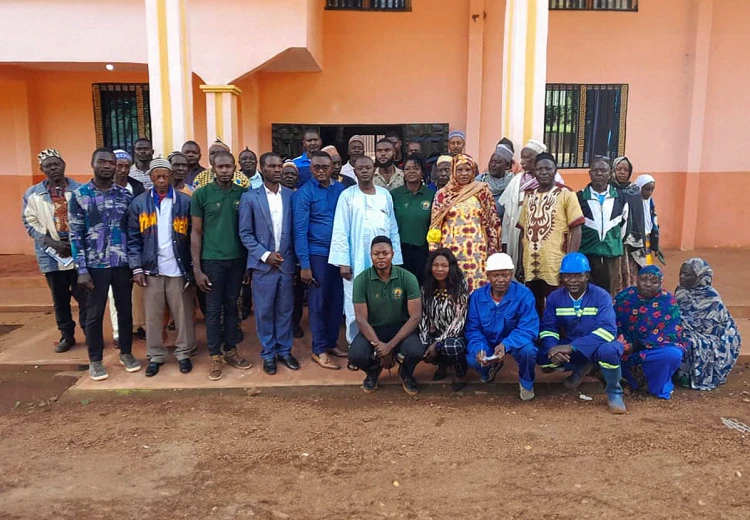
Partnerships
We partner with a diverse network of organizations, both local and international, who share our passion for protecting our planet.
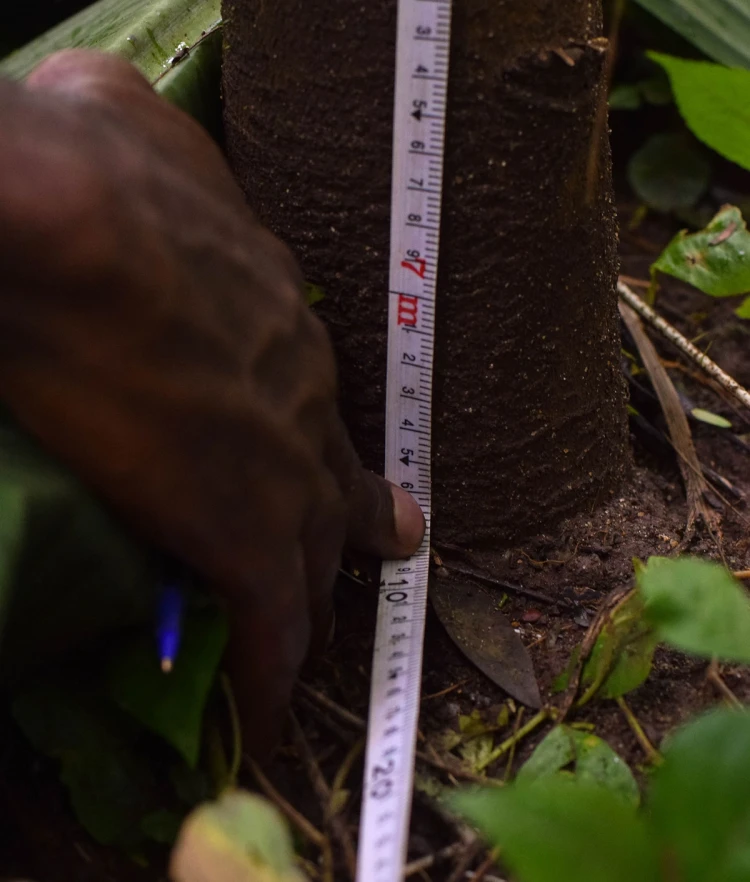
Research and Outreach
Through our research and outreach programs, we strive to bridge the gap between scientific discovery and real-world impact.
Scaling
We are scaling up (to policies), deep (with impact) and out (with the numbers).
Education pillar
Scaling out – increasing the number of communities reached; 94 communities reached so far and scaling deep – increasing the quantities and quality of products from nature as well as clamoring for better markets.
Keeping nature natural pillar
Scaling out- increasing the total surface areas, species conserved; increasing the number of trees planted, surface area reforested etc.
Regenerative agriculture
Scaling up and out; having more policies on regenerative agriculture implemented and establishing more forest gardens.
Sustainable leadership
Scaling out in increasing the number of young leaders trained every year.
Our Impacts
’It is not enough to agree that nature is important; international bodies, governments, local institutions, communities and individuals need to give development and nature conservation the same weight’’.
Limbi Blessing Tata
Latest News
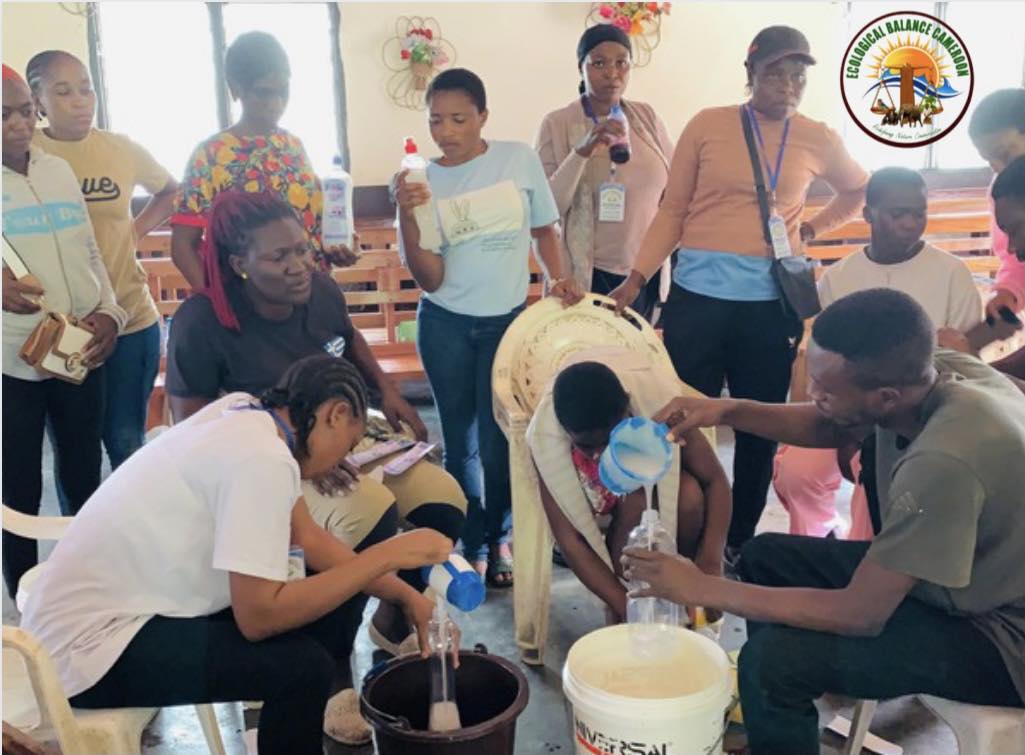
- Comments Off on Eco Balance Enhance Access to Clean Water in Bih Village
- Yayah Waliyudini
Executive Director and Board Member of Ecological Balance Cameroon with some pupils of the Bih Village School The well-being…
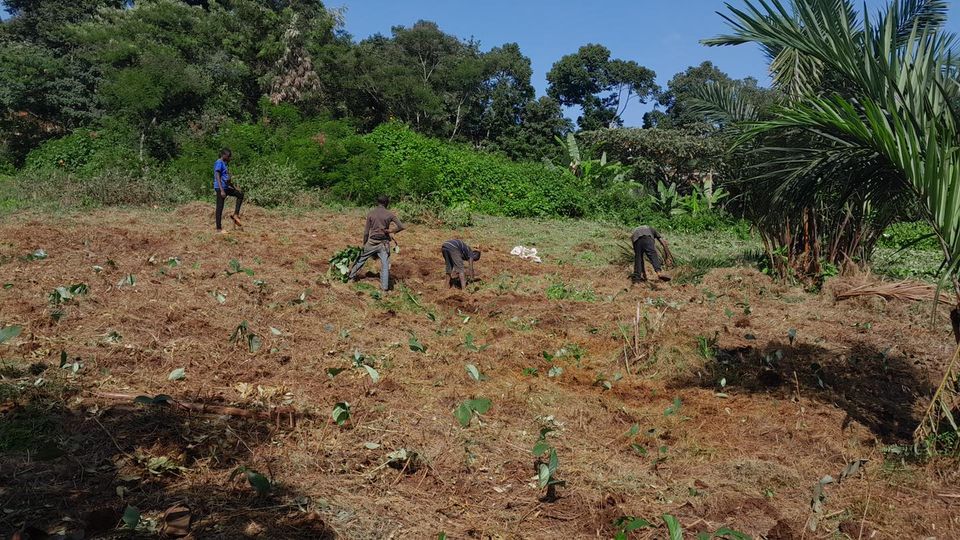
- Comments Off on Nkambe River Revival Project Takes Root with Successful Test Tree Planting Initiative
- Yayah Waliyudini
Nkambe, Cameroon - The fight to revitalize rivers in Nkambe, has taken a significant step forward with the successful…